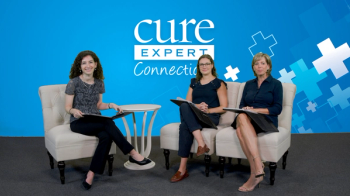
After introducing the panel, Claire Friedman, MD, provides a brief overview of the screening process, prognosis, and treatment of cervical cancer.

After introducing the panel, Claire Friedman, MD, provides a brief overview of the screening process, prognosis, and treatment of cervical cancer.

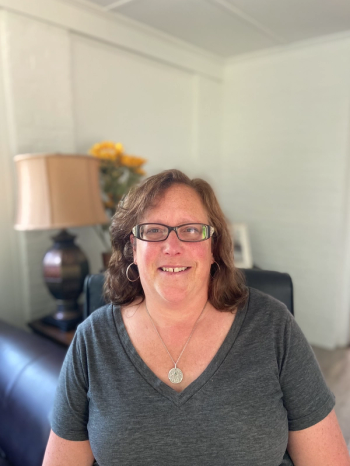
The FDA approval of the first poly (adenosine diphosphate-ribose) polymerase, or PARP, inhibitor in the 2010s has drastically changed how patients with gynecologic cancers are treated.
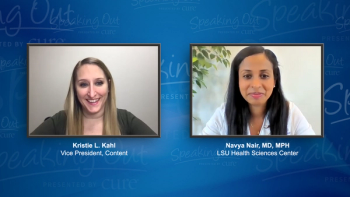
As part of its Speaking Out video series, CURE spoke with Dr. Navya Nair, on behalf of the Foundation for Women’s Cancer, about genetics in women’s cancer.

As part of its Speaking Out video series, CURE spoke with Dr. Navya Nair, on behalf of the Foundation for Women’s Cancer, about access to care in women’s cancer.
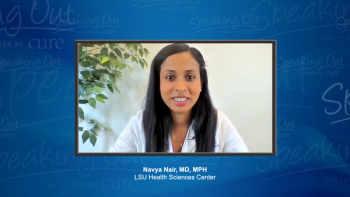
As part of its Speaking Out video series, CURE spoke with Dr. Navya Nair, on behalf of the Foundation for Women’s Cancer, about maintaining a healthy lifestyle in women’s cancer.
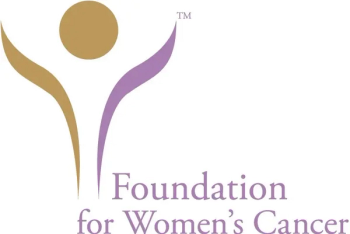
We want to be sure to ask the right questions and communicate our biggest concerns properly to our doctor, but how do we do this?

Be sure to share with us a picture of yourself sporting your swag-boxes as we gear up for Move4Her event on Sept. 26!

With growing concern over the highly contagious strain, the Foundation for Women’s Cancer asked Neil Finkler, MD, to break down how the Delta variant is dangerous for patients with cancer and whether they should get the COVID-19 vaccine.
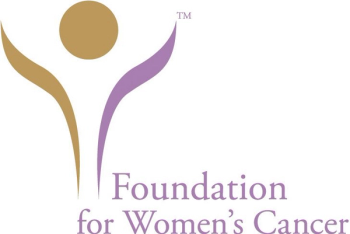
Their endorsement of mandatory COVID-19 vaccination for health care workers aims to protect the safety of patients and residents of long-term care facilities and make the health care sector a leader in COVID-19 vaccination just as cases, hospitalizations and deaths are once again rising throughout the United States.
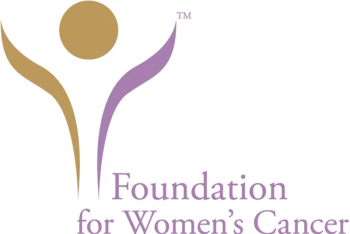
Information regarding the COVID-19 vaccine.

Join the Foundation for Women’s Cancer on September 26 for a fully virtual, fun, interactive exercise event lead by fitness celebrity Kathy Smith.

Join us as we spread information and awareness about gynecologic cancers far and wide, advocate for marginalized communities, act to close health care disparity gaps affecting far too many in our community, share our stories to help others on their journeys and elevate other voices who join us in our mission.

Knowing your family history is the first preventative step any woman can take to avoid a diagnosis of ovarian cancer.



The Foundation for Women’s Cancer Continues the Fight to End Gynecologic Cancer One Step at a Time; Race Set for Nov. 4, 2018 in Washington, DC
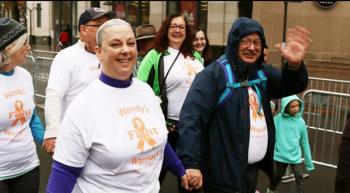
In recent years, the number of available gynecologic cancer clinical trials has gone down. The Foundation for Women's Cancer educates women about the trials that are available, and encourages them speak up publicly about the need for more.
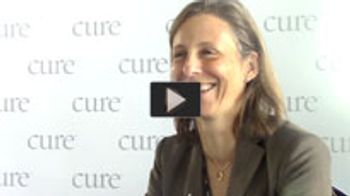
Linda R. Duska, gynecologic oncologist, University of Virginia, discusses the Foundation for Women's Cancer.